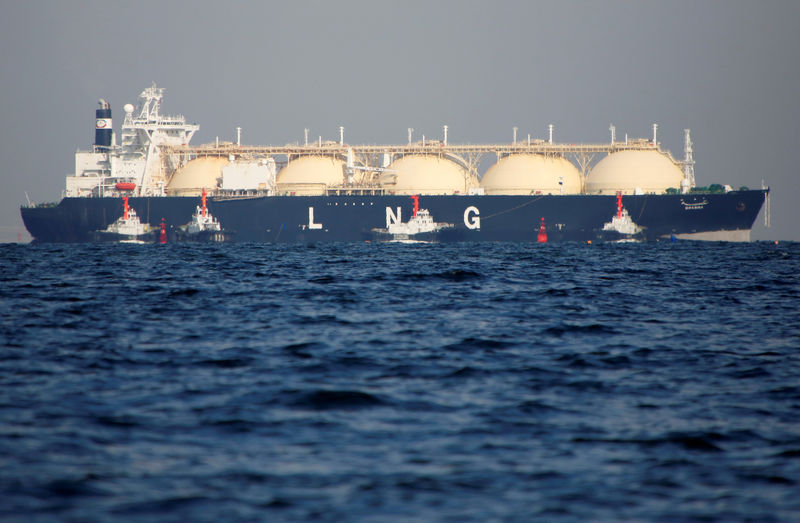Investing.com’s stocks of the week
Investing.com -- The European gas market is facing a precarious situation as it moves into 2025, as per analysts at UBS.
A combination of tight supply conditions and uncertain geopolitical conditions are contributing to the fragility of the market, including the cessation of Russian gas deliveries through Ukraine and U.S. sanctions that have become more severe.
Despite the challenges, Europe is expected to conclude the winter season without severe disruptions, though its gas storage levels will likely be considerably depleted, UBS noted.
The analysts have raised their 2025 forecast for European Title Transfer Facility gas prices to €39.8/MWh, an increase from the previous €36.5/MWh projection.
This adjustment reflects the significant strain on gas inventories due to colder-than-average weather and a faster-than-anticipated depletion of storage.
By the end of this winter, storage levels are predicted to drop to the low 40% range, well below the 68% recorded in March 2024.
This will complicate Europe’s efforts to replenish its reserves to meet the EU’s mandated 90% storage target, driving higher prices during the next injection season.
Supply-side uncertainties further exacerbate the fragile market outlook. The expiration of the Russia-Ukraine gas transit contract is anticipated to reduce Russian piped gas’s share in the European market to just 2%.
Simultaneously, tighter U.S. sanctions against Russian energy exports and the risk of reduced flows via other pipelines, such as TurkStream, could strain global LNG markets.
UBS projects that Europe will need an additional 30 bcm (billion cubic meters) of LNG imports in 2025, pushing its total annual requirement to 168 bcm.
Demand patterns, however, offer a mixed outlook. While overall gas demand in Europe fell by 2% year-on-year in 2024, it is expected to see a modest increase of 1% in 2025, assuming normal weather conditions.
Renewable energy expansion and subdued industrial activity continue to limit demand, although adverse weather events, such as reduced wind or hydroelectric generation, could tighten the market and amplify price volatility.
On the global front, delays in LNG infrastructure projects are likely to constrain supply growth, maintaining a tight balance in the market.
UBS warns that unforeseen events, such as supply disruptions or intensified competition for LNG, could elevate prices well beyond current forecasts, potentially exceeding €50/MWh.
Conversely, a geopolitical shift, such as a ceasefire in Ukraine, could restore gas flows and accelerate price normalization.
